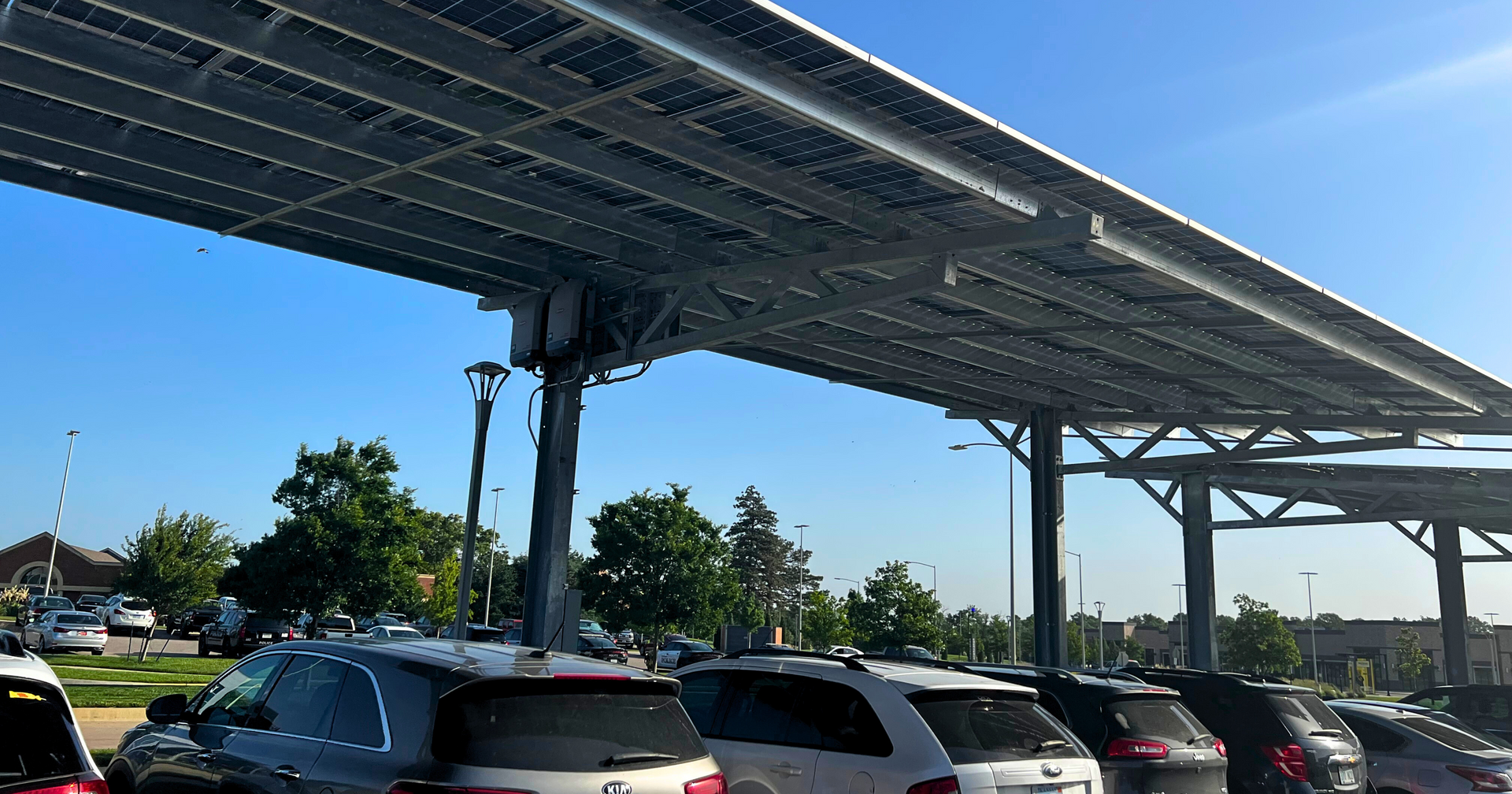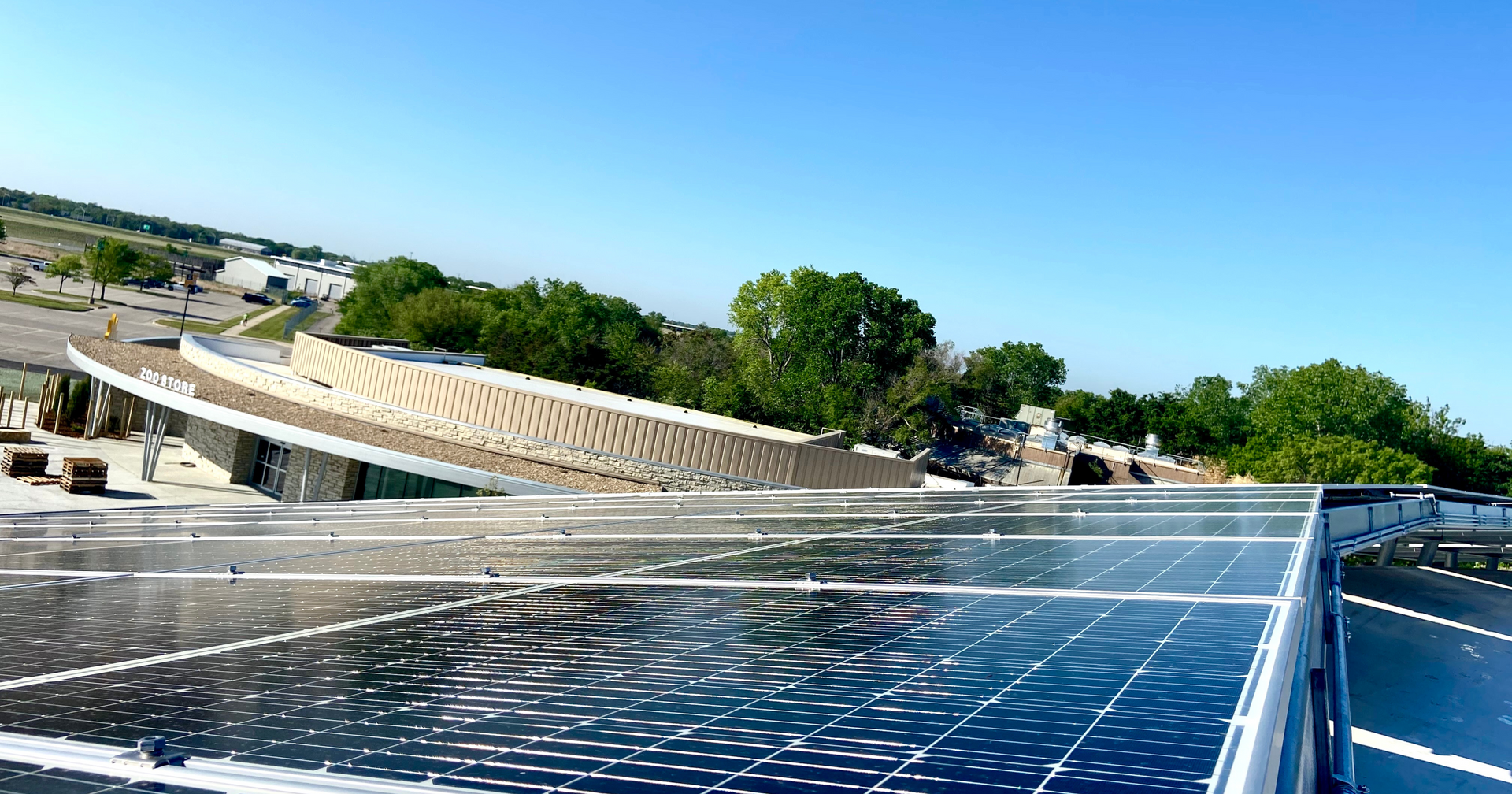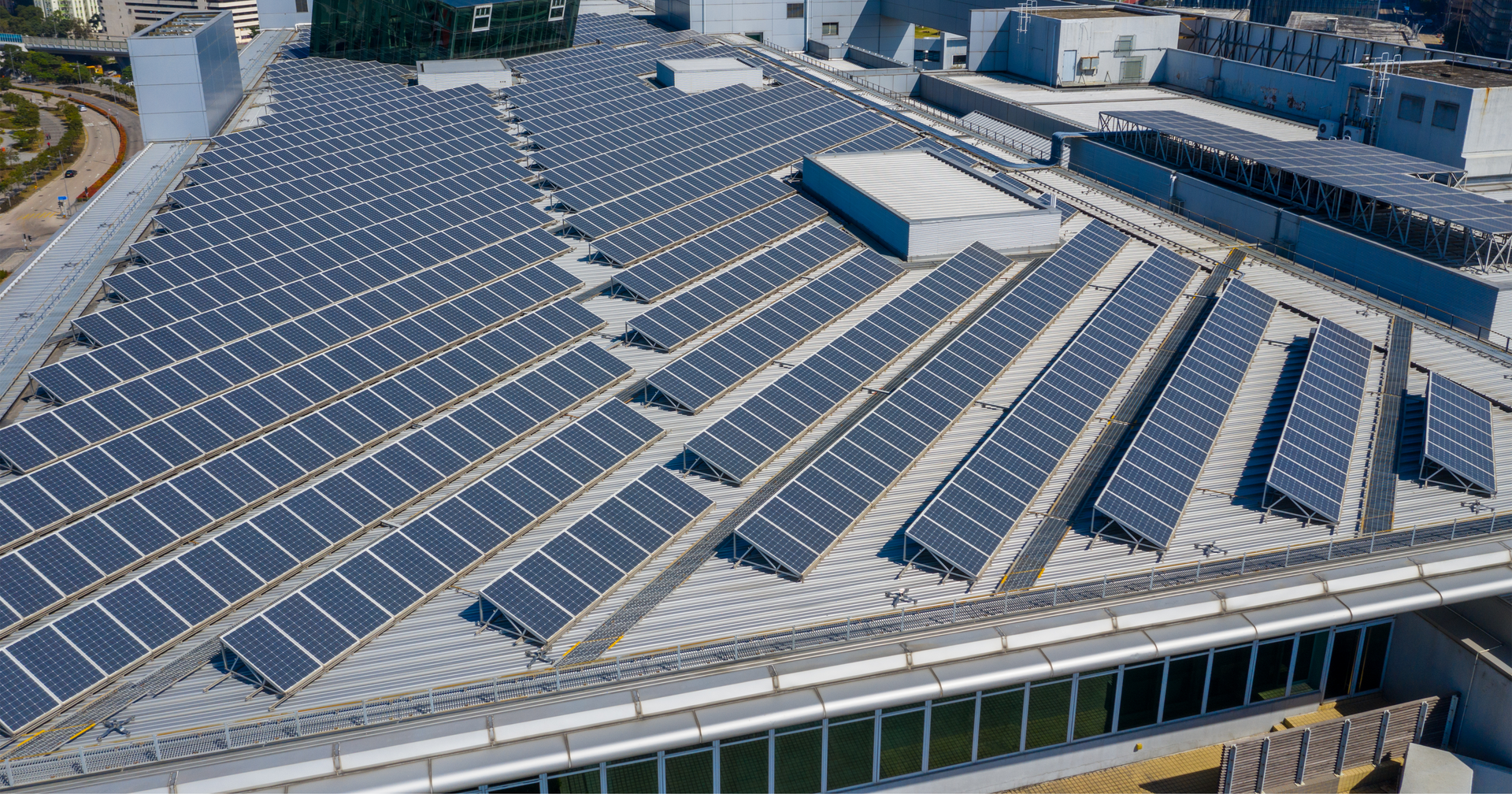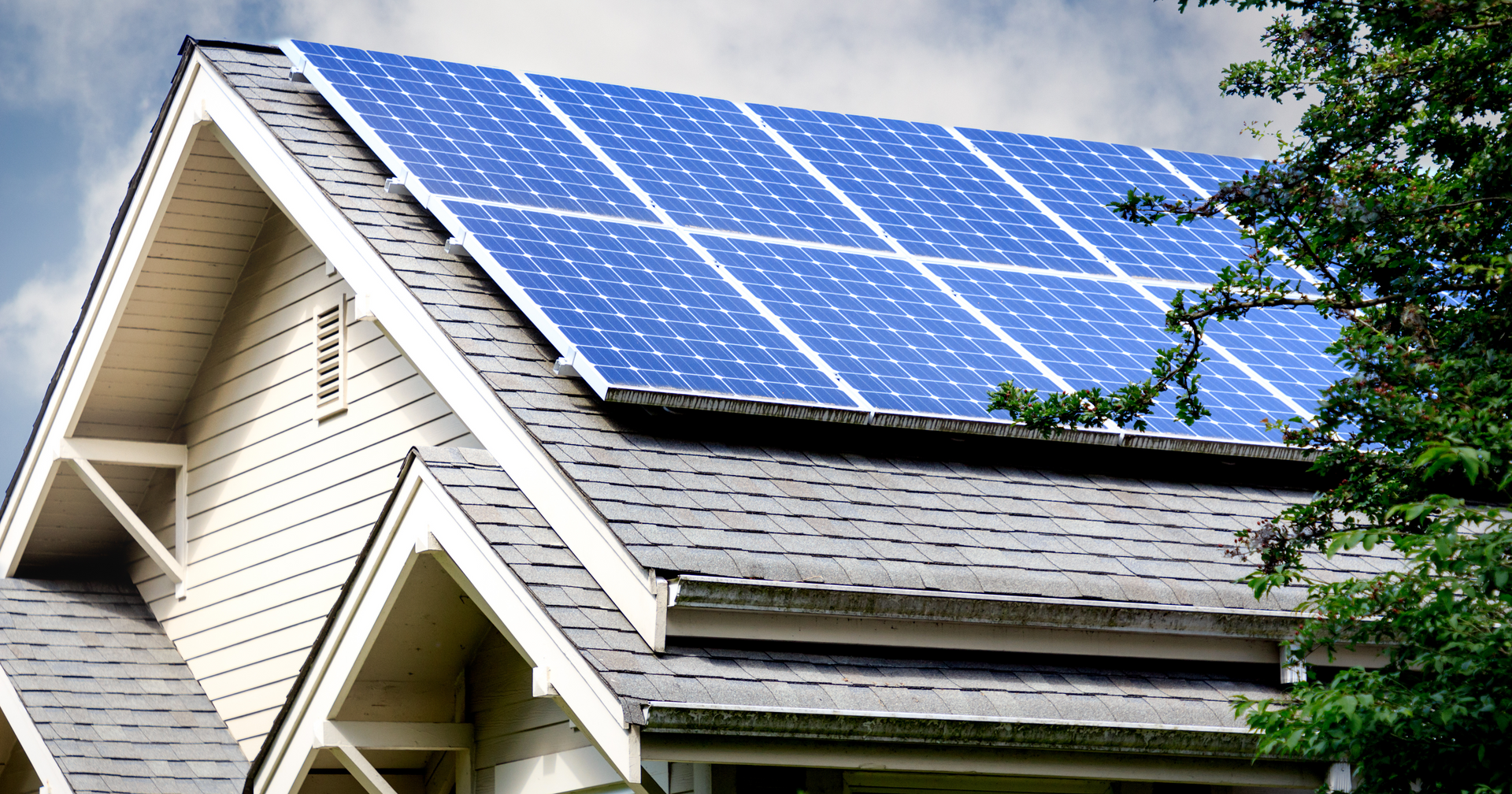The Environmental Impact of Solar Power: Harnessing Clean Energy
Empowering Sustainability and Reshaping Our Energy Landscape

In recent years, the urgency to address climate change and reduce our reliance on fossil fuels has led to a growing interest in renewable energy sources. Solar power, in particular, has gained significant attention due to its numerous environmental benefits.
- Reducing Greenhouse Gas Emissions: Solar power is a clean and renewable energy source that generates electricity without emitting harmful greenhouse gases. Unlike traditional power plants that rely on fossil fuels, solar panels harness the sun's energy to produce electricity, resulting in minimal carbon dioxide (CO2) emissions. By transitioning to solar power, we can significantly reduce our carbon footprint and mitigate the impacts of climate change.
- Conserving Water Resources: Conventional electricity generation methods, such as coal and natural gas, require vast amounts of water for cooling and other processes. In contrast, solar power systems have a minimal water footprint. They do not consume water during operation, making them an ideal choice for regions facing water scarcity or drought. By adopting solar energy, we can conserve precious water resources and alleviate the strain on ecosystems and communities.
- Minimizing Air Pollution: The burning of fossil fuels for electricity production releases harmful pollutants into the atmosphere, leading to air pollution and negative health effects. Solar power plants do not produce emissions or pollutants during operation, making them a sustainable alternative. By embracing solar energy, we can improve air quality, reduce respiratory illnesses, and create cleaner and healthier environments for everyone.
- Preserving Natural Habitats: Extracting fossil fuels often involves destructive practices, such as mining and drilling, which can lead to habitat destruction and ecological imbalances. Solar power, on the other hand, has a minimal impact on natural habitats. By installing solar panels on rooftops or in solar farms, we can utilize existing infrastructure and minimize the need for additional land use. This approach helps preserve biodiversity and protects fragile ecosystems.
- Enhancing Energy Independence: Solar power empowers individuals and communities to become energy independent. By generating electricity on-site or utilizing solar energy from the grid, homeowners and businesses can reduce their reliance on centralized power sources. This decentralization of energy production fosters resilience, reduces the vulnerability of power outages, and promotes a more sustainable and reliable energy system.
Solar power offers tremendous potential to mitigate climate change, protect the environment, and foster a sustainable future. By transitioning to solar energy, we can reduce greenhouse gas emissions, conserve water resources, minimize air pollution, preserve natural habitats, and enhance energy independence. As individuals and communities, we have the opportunity to support a cleaner and greener planet by embracing solar power. Take action today and call Alternative Electric to schedule your free consultation!













